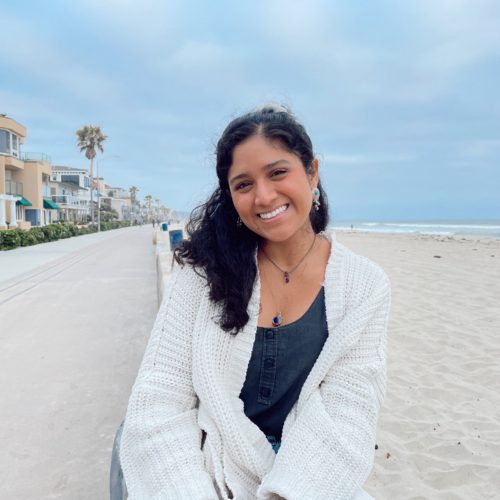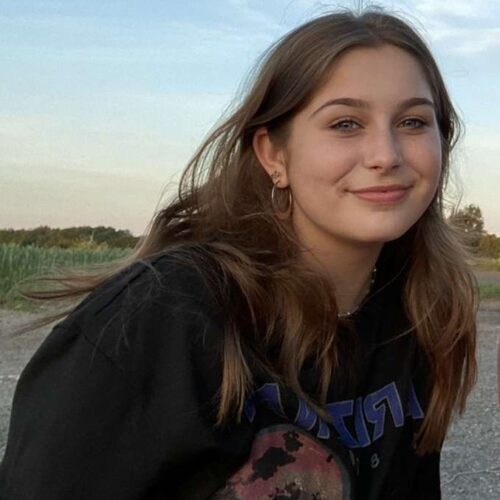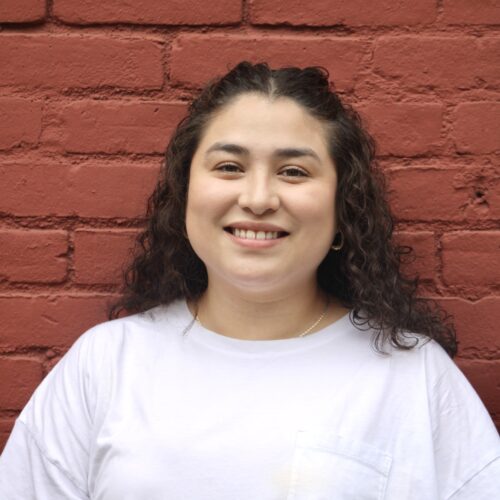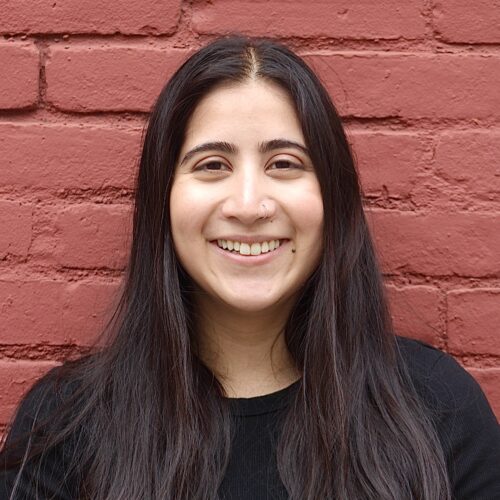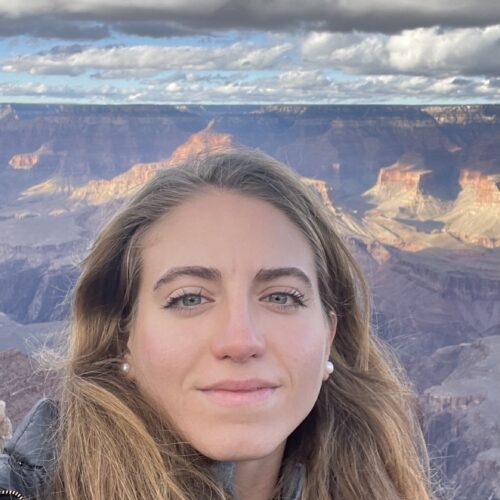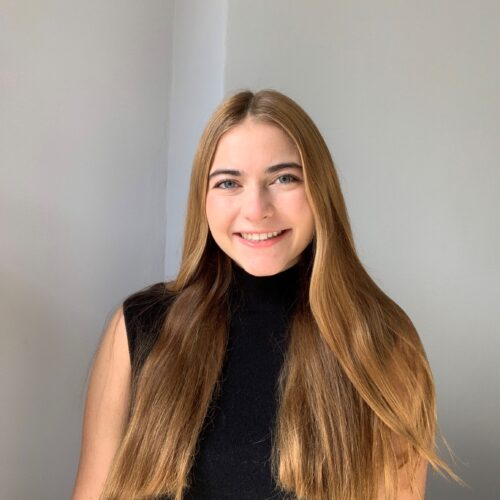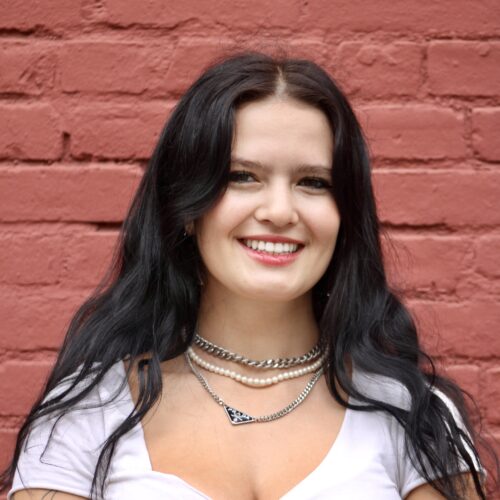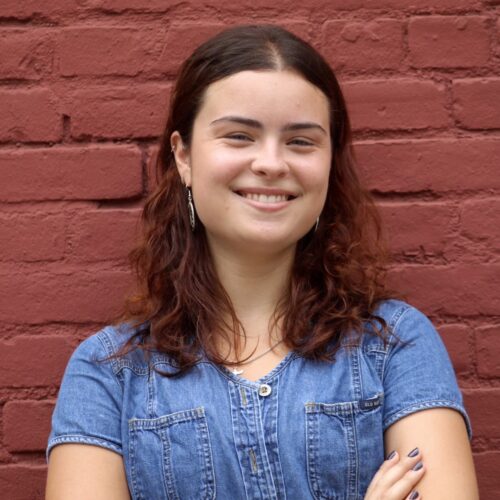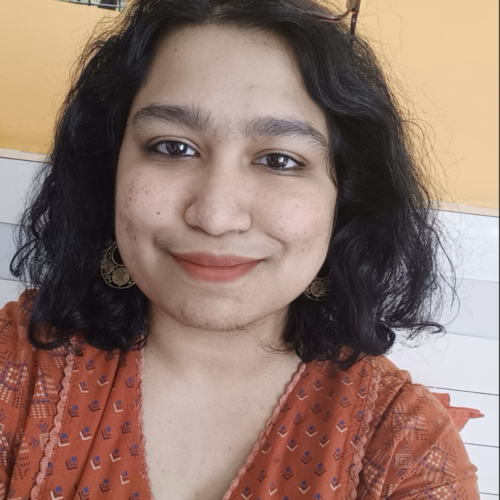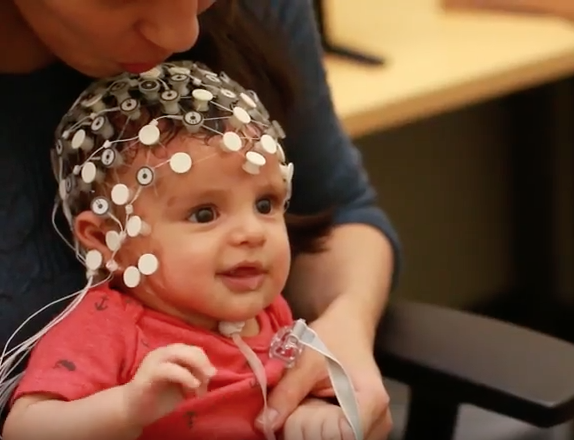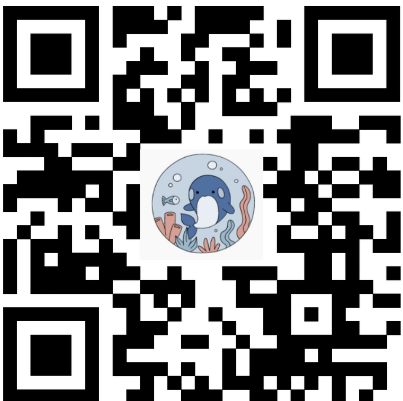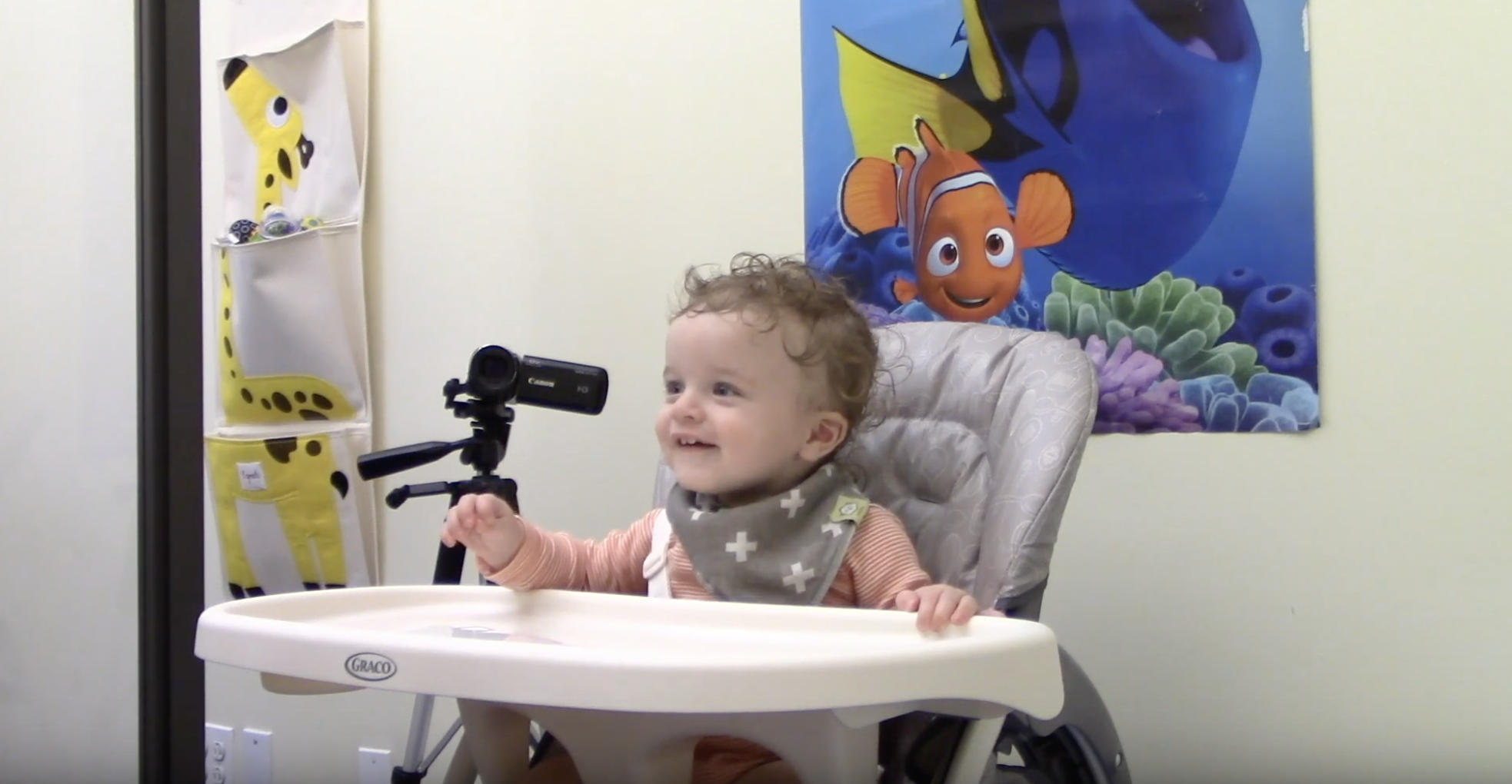Our Research
We are a developmental psychology lab interested in the impact of the home environment and early social interactions on children's brain and behavioral development. Our ultimate goal is to understand how to best support and empower caregivers during their child's first three years of life.
Current Studies
ORCA (Online Remote Child Assessment)
Click here to learn more about ORCA!
We are actively recruiting pregnant women and families with 0-4 month olds. Sign up and determine if you are eligible here:
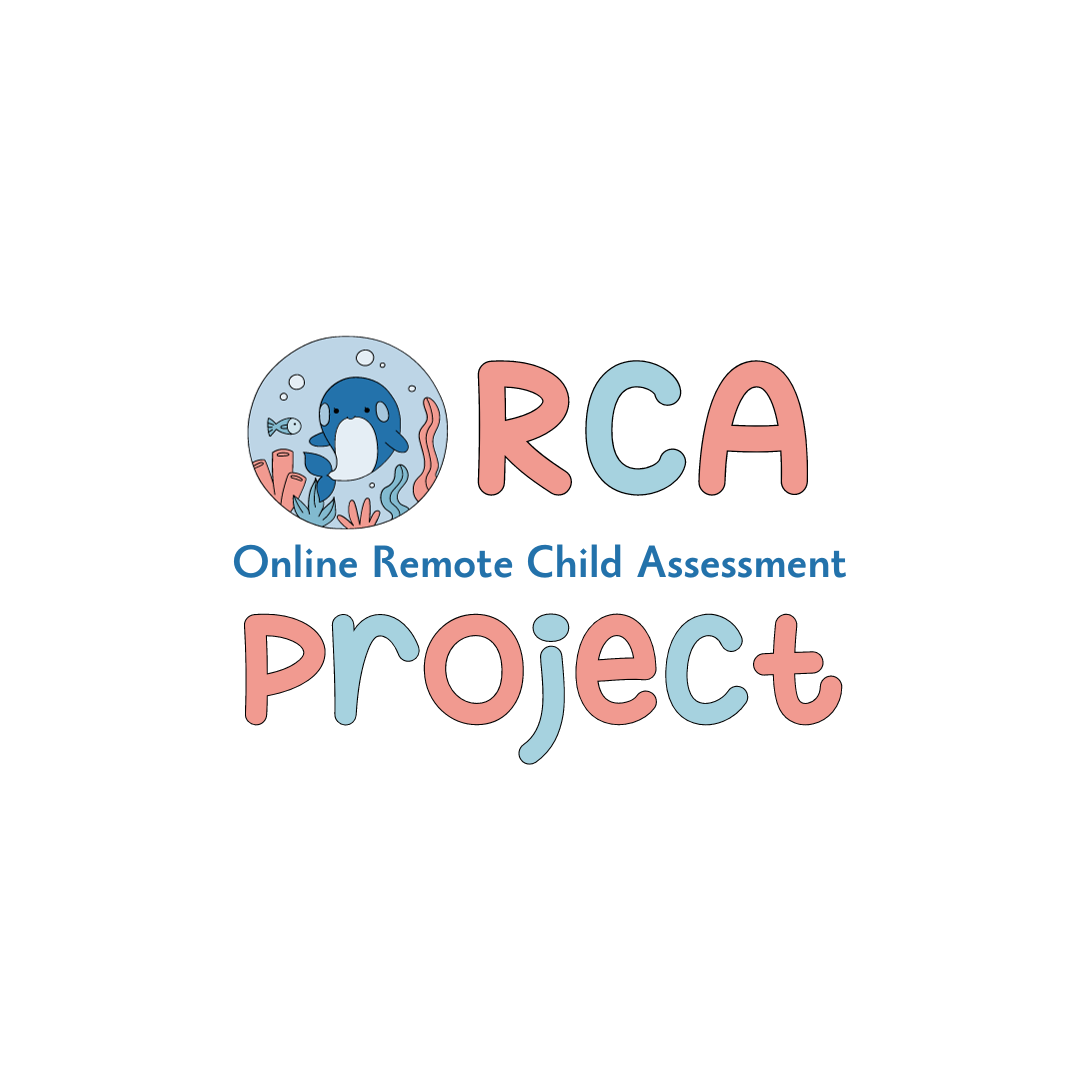

COVID-19 & Perinatal Experiences (COPE) Study
The aim of the COVID-19 and Perinatal Experiences (COPE) study is to understand the experiences of stress and resilience during the pandemic and potential impacts on infant development. We are currently following over 150 families across multiple stages of their baby’s life, collecting survey data, behavioral observations, neuroimaging and biospecimens.
Háblame Bebé
Háblame Bebé is an educational phone application that aims to empower Hispanic parents and caregivers to engage with their cultural identities, to feel pride in being Hispanic and in speaking Spanish, and to promote bilingualism. This app seeks to change conceptions of bilingualism and promote ‘Language Nutrition’ in the home language. Fundamental to Háblame Bébe is the message that parents are their baby’s first and best teachers – regardless of what language they speak. Watch to learn more, and like us on Facebook and Instagram!
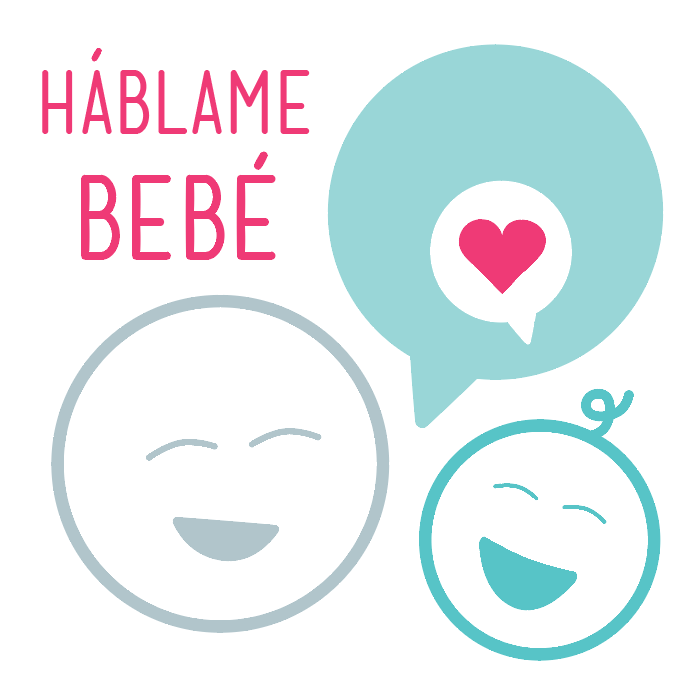
Past Studies
Stress, Home Environment, Language & Learning (SHELL) Study
Understanding how the early home environment impacts trajectories of language and cognitive development is crucial for identifying early risk and resilience factors associated with later school readiness. This study examines how caregiver stress and the home language environment influence early language and memory skills during the first two years of life.
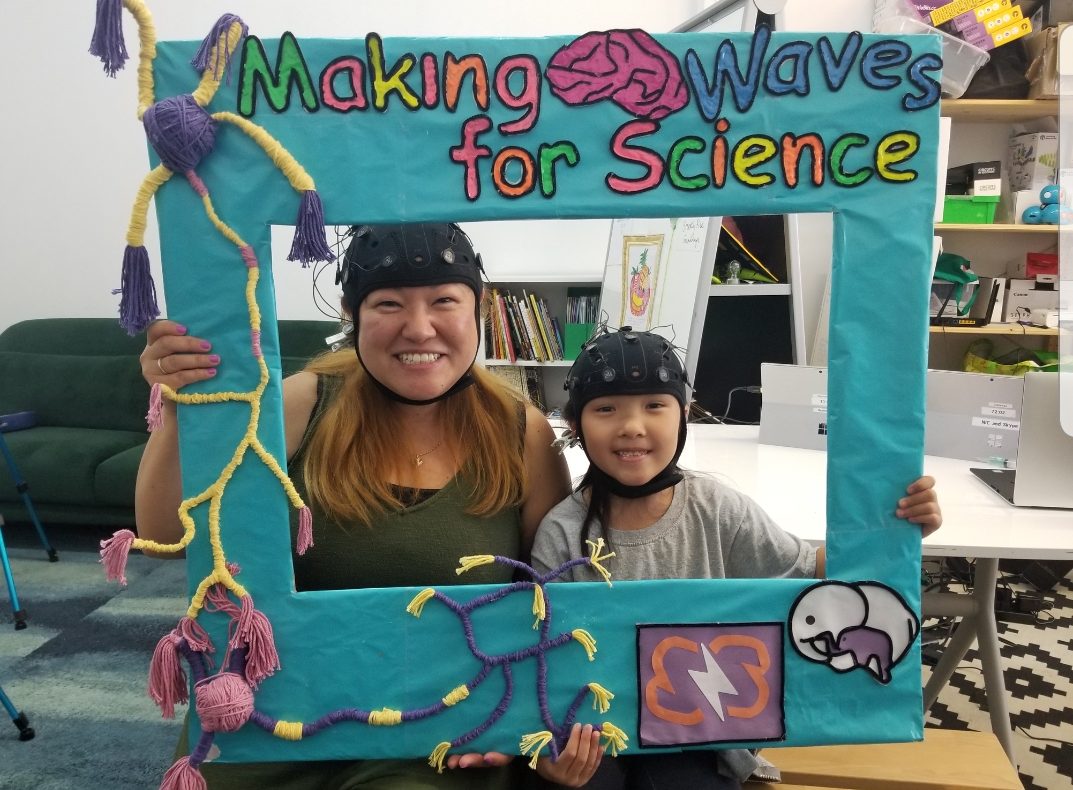
Family Interactions and Neural Synchrony (FINS) Study
Early learning is a social process. The ability to initiate interactions, respond appropriately, and take turns during bouts of communication are important aspects of growing up in a social world. This study uses EEG hyperscanning to simultaneously record neural responses of the dyad (caregiver and child) while interacting in a series of semi-naturalistic tasks.
Meet Our Team
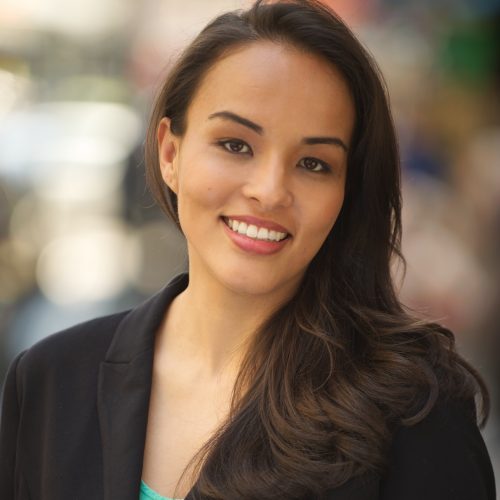

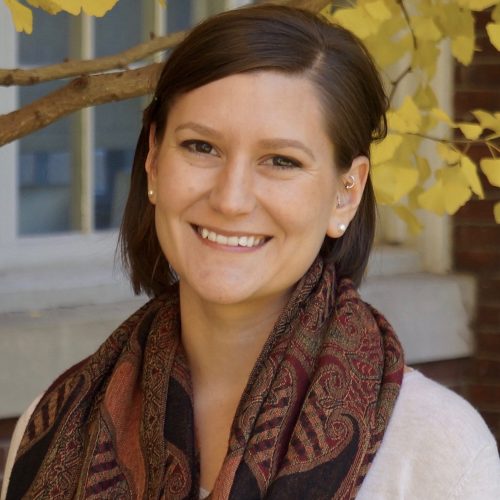

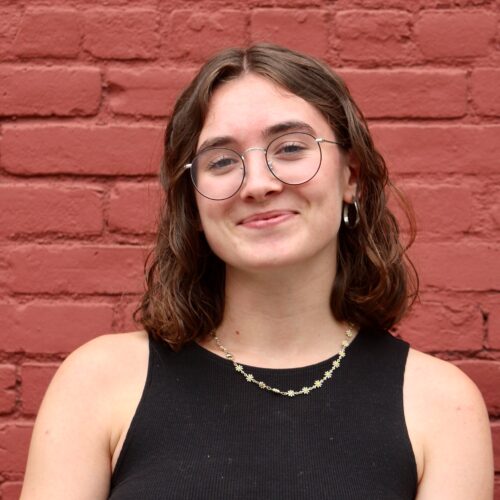
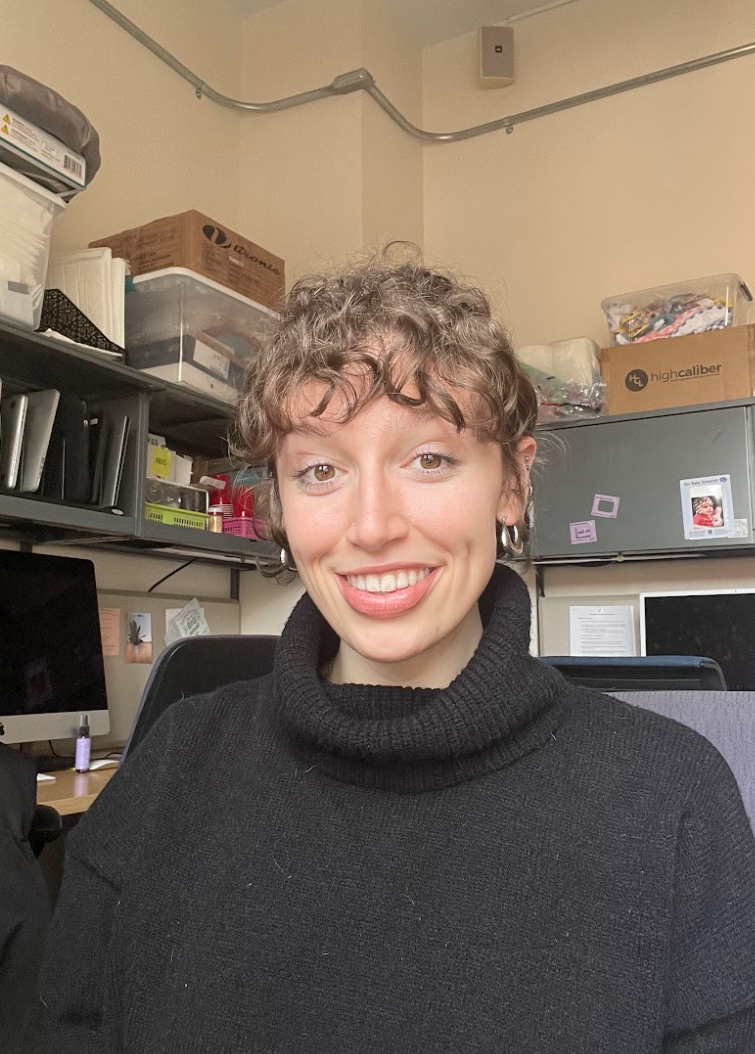
Sasha Andrews
Sasha graduated from the University of Denver in 2022 with a BA in Psychology and Spanish (double major) and is joining ISLAND Lab as a Research Coordinator. She is very interested in neuropsychological development and how early experiences shape the functions of the brain. More specifically, she is interested in the impact of trauma on the brain and how the early identification of risk factors can further inform intervention strategies.
Sasha is very excited to be joining a developmental psychology team that focuses on understanding how risk factors, such as maternal stress and adverse perinatal experiences, can impact the developing brain.
While working with ISLAND Lab, Sasha will be exploring her research interests and building on her research skills before completing graduate studies in psychology, as she is planning on pursuing a PhD in Clinical Psychology.

